A Manhattan court has ordered Ripple Labs to pay $125 million in penalties to the U.S. Securities and Exchange Commission (SEC) following allegations that the company sold the cryptocurrency XRP without SEC approval.
Ripple had previously sought to distance itself from XRP, arguing that the sale of XRP did not constitute a security. However, the SEC’s lawsuit asserted that Ripple’s sale of XRP was an unregistered securities offering, with XRP classified as a security by the SEC.
In its defense, Ripple maintained that XRP is a digital currency and not a security, and therefore does not fall under the SEC’s jurisdiction.
The cryptocurrency community has criticized the SEC’s regulatory procedures, arguing that they lack clarity and have hindered industry growth.
Ripple has fought to clear its name and has called for regulatory clarity to foster industry development. The legal proceedings have significantly impacted both XRP’s price and Ripple’s operations, with ongoing effects even after the lawsuit’s conclusion.
Initially, the SEC sought a $2 billion fine from Ripple over the sale of XRP. However, in a surprising turn, the judge imposed a penalty of $125 million. Additionally, in October, the SEC dropped charges against Ripple’s CEO Brad Garlinghouse and co-founder Chris Larsen.
Crypto Clarity
The court’s judgment clarified that sales of XRP conducted through programmatic means and blind bid processes are not considered securities transactions. However, sales to institutional investors were deemed securities transactions, reflecting Ripple’s push for regulatory boundaries.
Judge Analisa Torres’s ruling has concluded that cryptocurrency sales in a blind bid process are not securities, addressing some arguments that have hindered industry growth. Despite this, if the SEC does not appeal, there remains a need for further regulatory clarity in the industry.
Beyond Ripple, the SEC’s actions have had a significant impact on various players in the cryptocurrency space.
Many ICOs have been classified as securities offerings, resulting in settlements with the SEC. These actions are seen by many as a way to shape the cryptocurrency market and curb the prevalence of unregulated ICOs, which were once common
Disclaimer
Today's Gazette cannot take responsibility for any form of loss or inconvenience that may result from any material contained on this website. The content is provided for informational purposes only and should not be relied upon for legal or financial decision-making. Nothing on this platform should be misconstrued as financial advice.


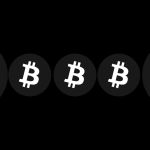

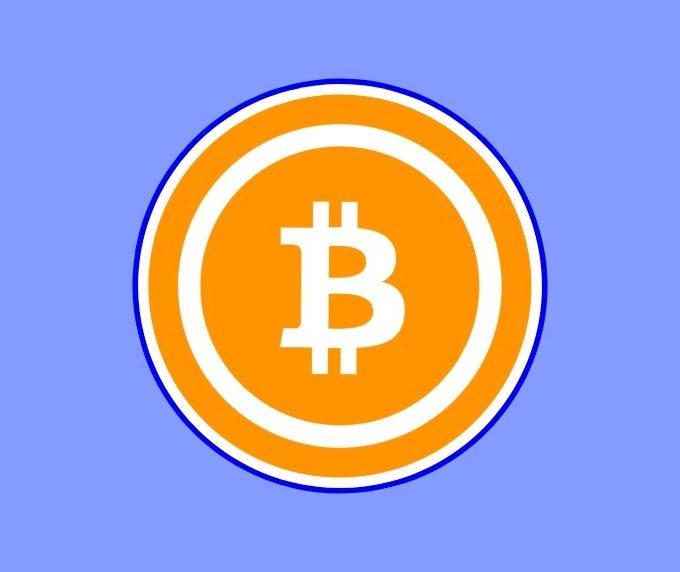
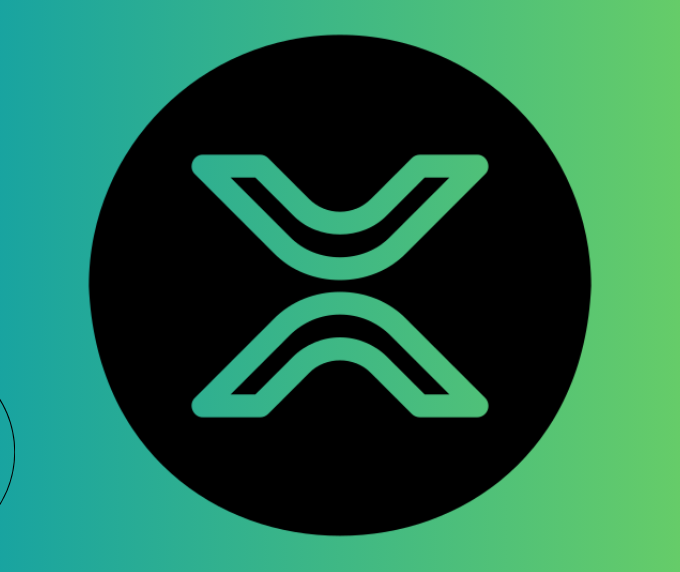
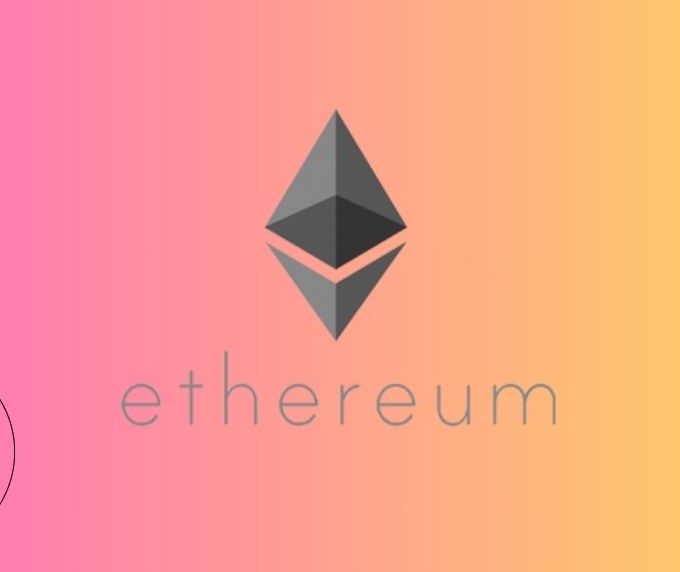
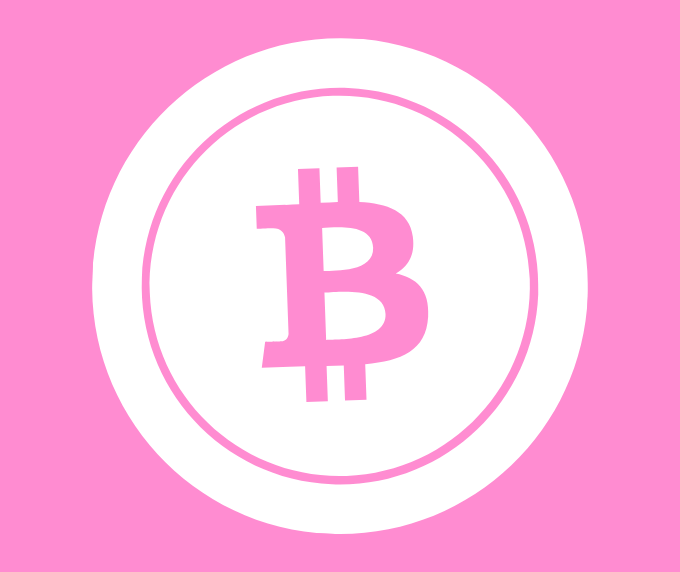
Leave a comment